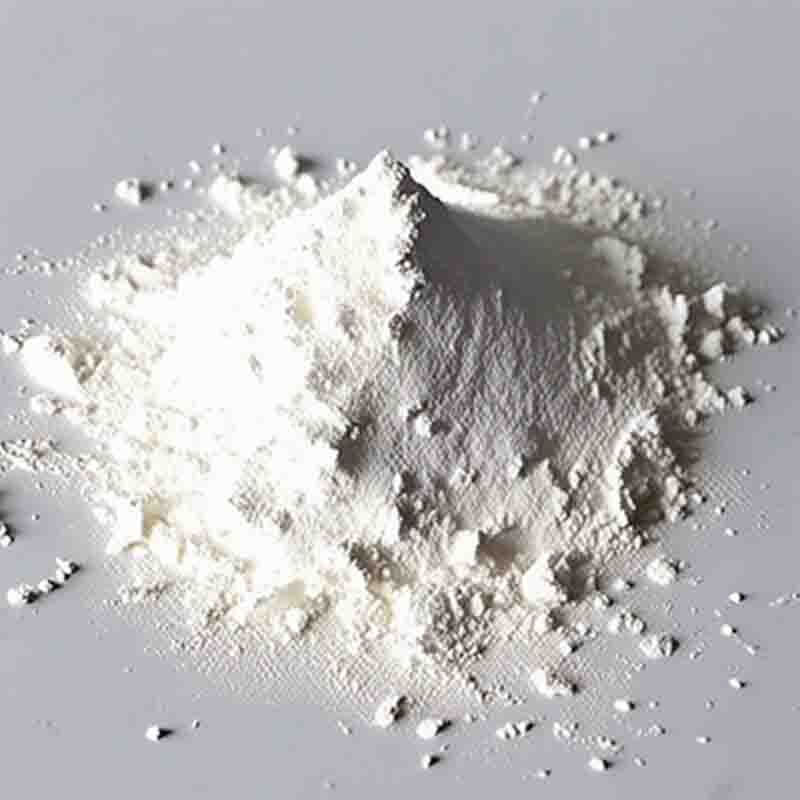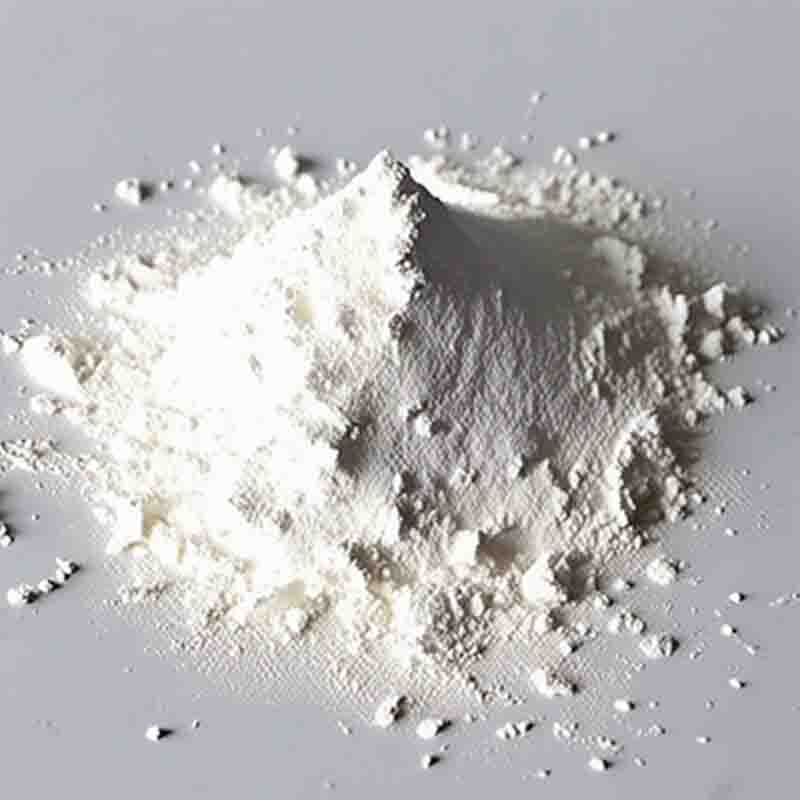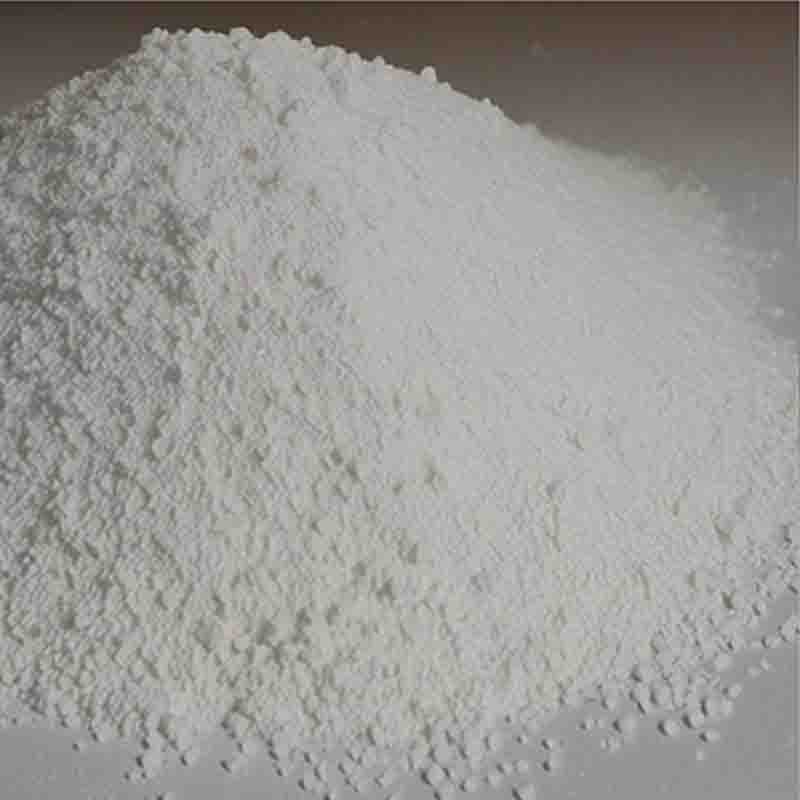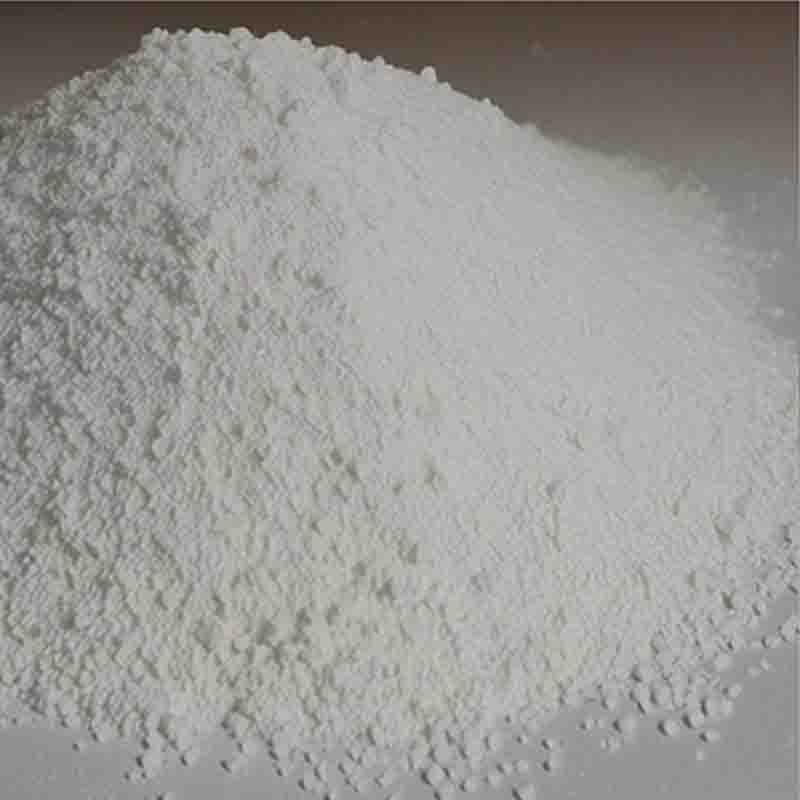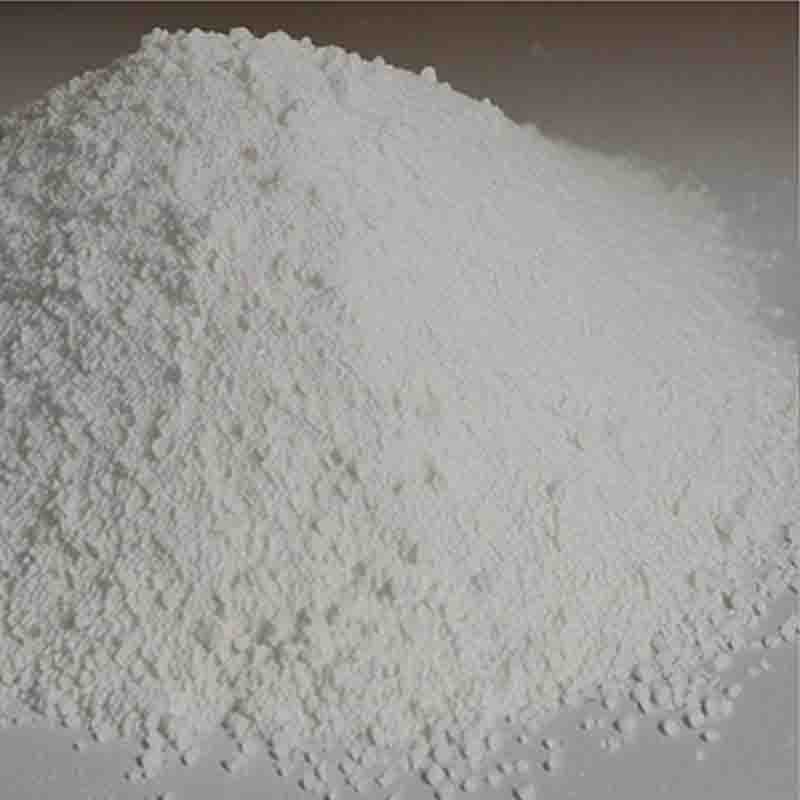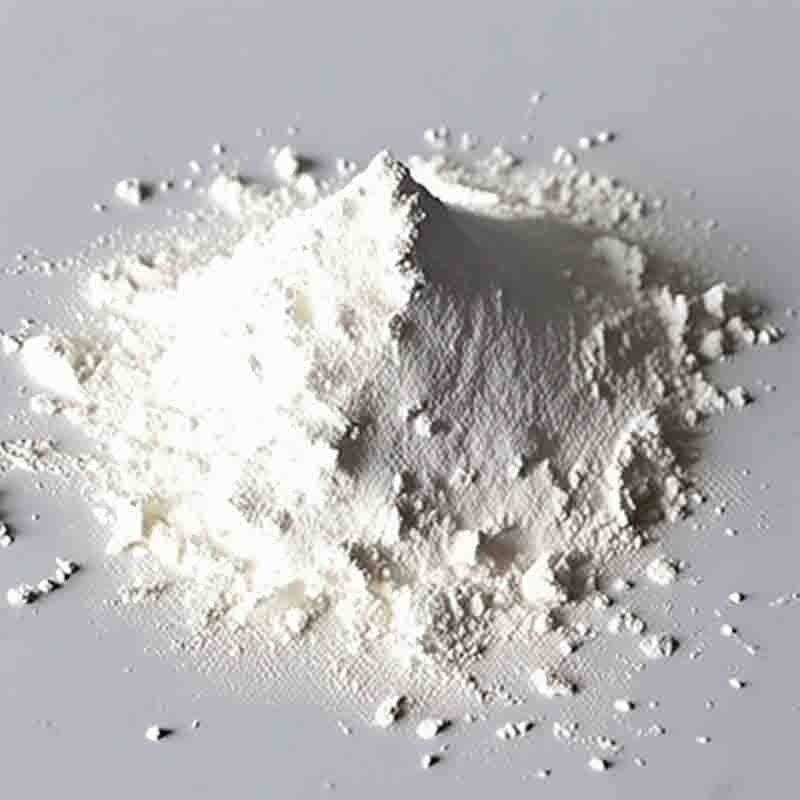Potassium chloropalladite CAS: 10025-98-6
| Catalog Number | XD94396 |
| Product Name | Potassium chloropalladite |
| CAS | 10025-98-6 |
| Molecular Formula | Cl4K2Pd |
| Molecular Weight | 326.43 |
| Storage Details | Ambient |
Product Specification
| Appearance | White powder |
| Assay | 99% min |
Potassium chloropalladite, also known as K2PdCl4, is a chemical compound that is widely used in various applications, primarily in the field of catalysis and organic synthesis.One of the main applications of potassium chloropalladite is its use as a catalyst in cross-coupling reactions. Cross-coupling reactions involve the formation of a new carbon-carbon bond between two different organic molecules. These reactions are of fundamental importance in organic chemistry as they allow the creation of complex organic compounds. Potassium chloropalladite serves as a source of palladium in coupling reactions such as the famous Suzuki-Miyaura and Heck reactions. These reactions enable the synthesis of a wide range of pharmaceuticals, agrochemicals, and fine chemicals. The use of potassium chloropalladite as a catalyst in these reactions allows for mild reaction conditions, high selectivity, and efficiency.Furthermore, potassium chloropalladite finds applications in the production of specialty chemicals and in the manufacture of pharmaceuticals. It can facilitate critical reactions such as carbon-carbon bond formation and selective carbon-heteroatom bond formation. These reactions are essential for the synthesis of organic intermediates and active pharmaceutical ingredients (APIs). The use of potassium chloropalladite as a catalyst in these processes helps streamline the synthetic routes, improve the overall yield, and obtain higher purity products.Potassium chloropalladite also plays a role in the field of catalytic hydrogenation reactions. Hydrogenation involves the addition of hydrogen to unsaturated compounds, such as alkenes and alkynes, resulting in the corresponding saturated compounds. This process is crucial in various industries, including pharmaceuticals, where it allows the reduction of functional groups selectively without affecting others. Potassium chloropalladite acts as an effective catalyst in hydrogenation reactions, enabling the efficient and selective reduction of target compounds.In addition to its catalytic applications, potassium chloropalladite is sometimes used as a precursor for the synthesis of other palladium-containing compounds. It is an important starting material for the preparation of palladium catalysts and complexes that find applications in catalysis, materials science, and electrochemistry.When working with potassium chloropalladite, it is important to handle it with caution as it is a toxic and air-sensitive compound. Proper safety protocols should be followed, and it should be stored under air-free conditions.In summary, potassium chloropalladite (K2PdCl4) is a versatile compound with significant applications in catalysis, organic synthesis, and hydrogenation reactions. Its use as a catalyst enables the production of complex organic compounds and specialty chemicals. Whether it is in the synthesis of pharmaceuticals or the development of new catalytic processes, potassium chloropalladite plays a crucial role in advancing various fields of chemistry.


